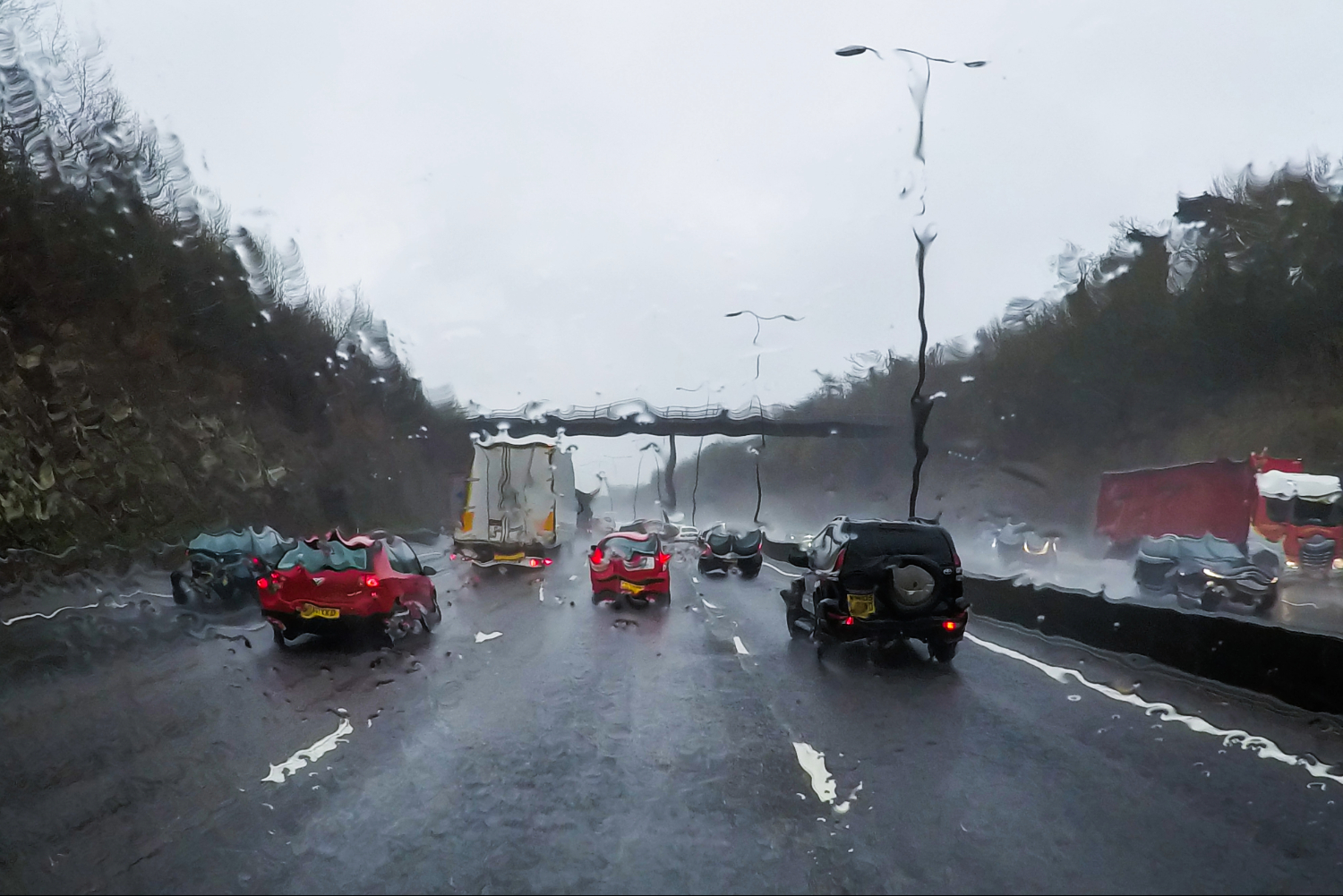14 November 2025
This article was published on 31 Oct 2025. At the time of publishing, this article was true and accurate, however, over time this may have changed. Some links may no longer work. If you have any concerns about this please contact us.
World Diabetes Day was created in 1991 by the International Diabetes Federation and the World Health Organisation in response to growing concerns about the escalating health threat posed by diabetes. It is marked every year on 14 November, the birthday of Sir Frederick Banting, who co-discovered insulin along with Charles Best in 1922. The theme of this years World Diabetes Day is Diabetes and the workplace. For more details click here.
Diabetes is a chronic disease that occurs either when the pancreas does not produce enough insulin or when the body cannot effectively use the insulin it produces. Insulin is a hormone that regulates blood glucose.
It is a lifelong condition that causes a person’s blood sugar level to become too high. There are 2 main types of diabetes:
Type 1 diabetes – where the body’s immune system attacks and destroys the cells that produce insulin.
Type 2 diabetes – where the body does not produce enough insulin, or the body’s cells do not react to insulin.
Type 2 diabetes is far more common than type 1. In the UK, around 90% of all adults with diabetes have type 2. Men are more likely to develop type 2 diabetes than women.
1 in 10 adults are now living with diabetes
Preventing type 2 diabetes
Type 2 diabetes is a serious condition. There are over 13 million people in the UK at risk of developing type 2 diabetes.
There’s currently nothing we can do to prevent type 1 diabetes. However, research has shown that for many people, combined lifestyle changes, including an improved diet, increased physical activity, and sustained weight loss, can be effective in reducing the risk of type 2 diabetes.
Type 2 Diabetes risk factors
About 90% of people with diabetes have type 2 diabetes. It can come on slowly, usually over the age of 40. The signs may not be obvious, or there may be no signs at all, therefore it might be up to 10 years before you find out you have it. That’s why it’s very important to understand the diabetes risk factors.
Your risk increases with age. You’re more at risk if you’re over 25 if you’re African-Caribbean, Black African, or South Asian or white and over 40.
You’re also more at risk if you’ve ever had high blood pressure or if you’re overweight, especially if this extra weight is around your middle.
Type 2 diabetes is serious. If you don’t get diabetes treated, it can lead to life changing complications. Including losing your sight, kidney failure or lead to a heart attack or a stroke.
Know Your Risk – you can find out your risk of type 2 diabetes by using the Diabetes UK tool here. Which only takes a few minutes.
Before you use this tool, you’ll need to take a few measurements: your waist size, your height, and your weight.
You result
The result will give you four possible levels of risk:
- High
- Moderate
- Increased
- Low
The higher the risk level, the more likely it is that you’ll develop type 2 diabetes in the next 10 years.
High risk
One out of four people with high risk will get type 2 diabetes in the next 10 years.
Your high-risk result could be due to your ethnic background. Type 2 diabetes is two to four times more likely in people of South Asian, African-Caribbean, or Black African descent.
If you find out you’re at a high risk of developing the condition, then it is important to act now. You may have it without knowing, so it’s essential that you make an appointment at your GP surgery to have a simple blood test.
Moderate risk
One out of 10 people with moderate risk will get type 2 diabetes in the next 10 years.
If you have a moderate risk, you need to visit your GP as soon as possible, as you may need a blood test to check for diabetes. Making some healthier lifestyle choices could help to reduce this risk level.
Increased risk
One in 35 people with increased risk will get type 2 diabetes in the next 10 years.
If you’re at increased risk, look at where you’re scoring points. Could you reduce your weight or waist size?
Low risk
One in 100 people with low risk will get type 2 diabetes in the next 10 years.
Your risk of type 2 diabetes increases as you get older, so it’s important to maintain a healthy lifestyle to make sure your risk stays low.
It’s important to regularly check your risk level, either by using the tool or by speaking to your GP, especially if anything changes, like if you’ve put on weight or feel unwell.
Other risks
Smoking is associated with a higher risk of type 2 diabetes, and also increases the risk of other health conditions such as heart disease and cancer. Read our Stop smoking guide here.
Gestational diabetes is a type of diabetes that affects pregnant women, usually during the second or third trimester. Read more here.
Polycystic Ovary Syndrome PCOS is a condition that affects your ovaries. Women who have PCOS are at an increased risk of developing type 2 diabetes. PCOS is associated with insulin resistance and therefore higher levels of insulin circulating in the blood. For more details here.
Certain mental health conditions are also a risk factor for type 2 diabetes, these include schizophrenia, bipolar disorder, and depression.
If you are receiving treatment with antipsychotic medication this can also increase your risk of type 2 diabetes, but the risk is quite low. Talk to your GP if you are concerned about potential side effects.
Sedentary lifestyle – Being sedentary is associated with an increased risk of type 2 diabetes. Being ‘sedentary’ means sitting or lying down for long periods, which could be due to, working at a desk for long periods without standing up or sitting while driving a vehicle.
You should try to break periods of sitting as often as possible, by doing some light activity such as walking or some chair based exercises.
Being overweight also puts you at a higher risk.
Getting up and being active is key to preventing type 2 diabetes. Find out how to be more active here.
Diet – a healthy, balanced diet can reduce your risk of developing type 2 diabetes. Click here to read tips for healthy eating.
Alcohol – drinking too much alcohol can also increase your risk of the condition. Current guidelines recommend not regularly drinking more than 14 units per week and that these units should be spread evenly over 3-4 days.
Sleep – not getting enough sleep or sleeping for too long have been associated with an increased risk. To improve your sleep read our guide here.
Get an NHS Health Check
Whether you have any other risk factors or not, if you’re aged 40 to 74 and living in England, you may be eligible for a free NHS Health Check. Find out more about the health checkhere, or speak to your GP for more information.
This service isn’t available in Scotland, Wales, or Northern Ireland. If you are worried about any aspect of your health speak to your GP.
If you have type 2 diabetes
It is good to know that you have diabetes, so that you can take steps to look after your health and prevent some of the devastating complications that can occur.
If you feel stressed or worried and want to speak to someone after receiving a diagnosis you can speak to your GP or one of the organisations given below.
Symptoms of Diabetes
Common diabetes symptoms are:
- Going to the toilet a lot, especially at night.
- Being really thirsty.
- Feeling more tired than usual.
- Losing weight without trying to.
- Genital itching or thrush.
- Cuts and wounds take longer to heal.
- Blurred eyesight
- Increased hunger.
No individual is the same, however, the most common diabetes symptoms experienced are an increased thirst, increased urination, feeling tired and losing weight.
Getting information, help and support










